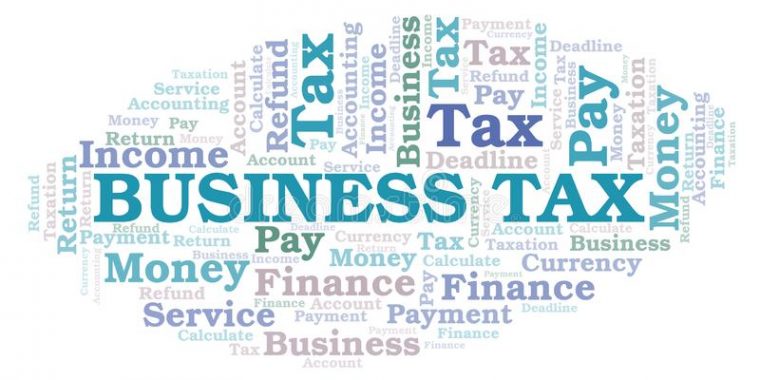When starting, a new business must select a business structure, which will have both legal and tax implications, and the choice of business structure is a monumental step for a new company. It can affect ongoing costs, liability and how your business team can be configured. This topic becomes particularly timely during tax season, as your business’ structure has direct tax implications.
What Is a Business Structure?
Business structure refers to the legal structure of an organisation that is recognised by HMRC. An organisation’s legal structure is a key determinant of the activities that it can undertake, such as raising capital, responsibility for obligations of the business, as well as the amount of taxes that the organisation owes to HMRC.
At a basic level, business entities establish a business as legal entities that can have bank accounts, enter contracts, and conduct business without putting everything in their name. For some small businesses, working under your name may be okay, but if you plan to earn a full-time income from the business, sign contracts, or hire employees, it is likely in your best interest to choose a business structure and register with your state.
Business Structures
Sole Trader
Being a sole trader is often referred to simply as being ‘self-employed’, though there are other forms of self-employment (such as being a contractor). A sole trader is the most popular structure for a start-up and the simplest. You pay income tax on your profits (rather than corporation tax), so any profits above £45,001 will be taxed at 40 %, and profits above £150,000 will be taxed at 45 %. Depending on your profits, you may also have to pay National Insurance (NI) contributions.
Pros:
• No cost to start — You are a sole proprietor by default.
• Easy to maintain — There are no ongoing registration or legal requirements to start, maintain, or shut down a sole proprietorship.
Cons:
• Personal liability: You are personally liable for anything that goes wrong related to the business.
• No tax benefits: You must pay self-employment tax on all earnings and include business earnings on your personal tax return.
Partnership
In a partnership, several individuals sign a partnership agreement to establish how the business’s ownership, profits and liabilities are shared between them, and how partners may leave the partnership. A partnership is similar to the sole trader structure, except that there are at least two of you. There is no legal upper limit to the number of partners, though very large partnerships can be riskier to manage (see Limited Liability Partnerships). Each partner registers as self-employed and submits a separate tax return. Your tax and NI obligations are like those of a sole trader.
Pros:
• Easy to create: Creating a partnership with your state is a relatively simple process.
• May offer liability protections: Limited Partnerships and Limited Liability Partnerships may offer personal financial and legal liability protection.
Cons:
• May does not protect from all liabilities: Partnerships may not shield all personal liability depending on the specific business structure and operations.
• More complex tax requirements: Partnerships must file their own tax returns and supply additional forms to partners for personal taxes.
Limited Company
A limited company is a form of business which is legally separate from its owners (typically shareholders) and managers (formally called directors). In the UK, it must be incorporated at Companies House. This confers the status of being a separate ‘legal person’ from the people who run it, with a unique company registration number.
Pros
The main advantage of setting up a limited company is that its finances are separate from yours. This reduces your personal exposure to financial risk, so if the business fails (or is sued) then you are liable only for the face value of your share in the business.
Another big advantage is the tax regime: companies pay corporation tax at 19 per cent on their profits. This can be significantly more tax-efficient than paying income tax on income, especially for higher-rate taxpayers (though as a director you will still have to find a way to take income from the company, such as salary or dividends, which will be taxed accordingly).
Cons
One downside is that a limited company involves much more administration. You must submit an annual company tax return and full statutory accounts to HMRC and are responsible for paying employees’ income tax and NI contributions too. Also, Annual Accounts and financial reports must be placed in the public domain.
Each company structure has a set of pros and cons that make it appealing to everyone’s needs. If you are thinking of starting a business and require assistance in choosing the most optimal business structure for yourself, contact us at Wim accountants. We will provide bespoke advice based on your business necessities and even assistance in setting up the structure and running of your company. To contact us please call us on 02082271700 or via email at info@wimaccountants.com.
Originally posted 2022-07-07 15:22:34.

